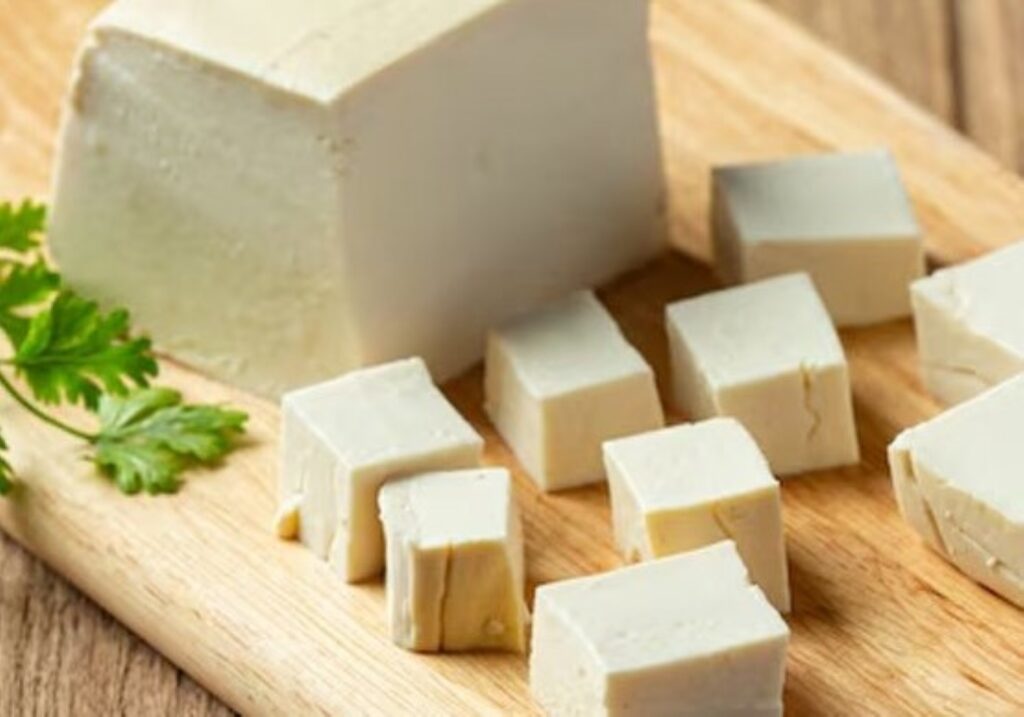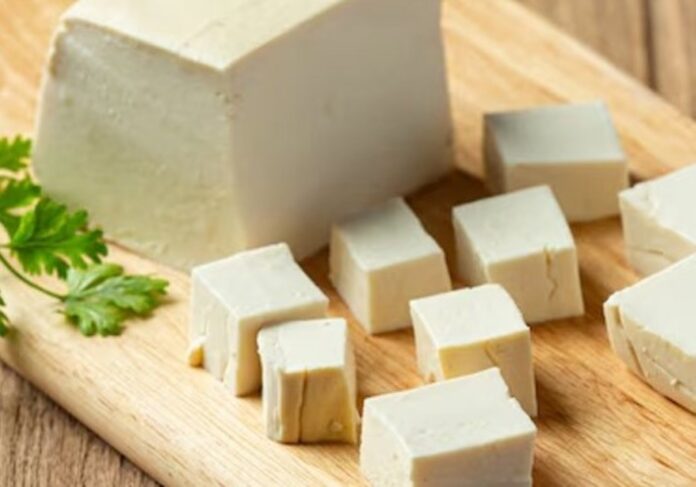The probiotic diet has gained attention as an approach to supporting digestive health and enhancing overall well-being. A balanced gut microbiome—a community of bacteria, fungi, and other microbes in the digestive tract—is essential for a strong immune system, mental clarity, and proper digestion. Probiotics, found in certain foods and supplements, are live bacteria and yeasts that promote this balance. This guide explores the basics of a probiotic-rich diet, its health benefits, and tips for incorporating more probiotics into your daily routine.
What Is a Probiotic Diet?
A probiotic diet focuses on adding foods that contain live, beneficial bacteria or “probiotics.” These friendly bacteria are found naturally in many fermented foods and beverages. When consumed regularly, probiotics help to balance gut flora by increasing the diversity of good bacteria and minimizing the impact of harmful ones. The diet also emphasizes prebiotic foods, which are non-digestible fibers that nourish probiotics and help them thrive.
Health Benefits of a Probiotic Diet
Numerous studies suggest that the gut microbiome influences almost every system in the body. Here are some of the most recognized benefits of a probiotic-rich diet:
- Improved Digestion: Probiotics aid in breaking down food, reducing bloating, gas, and constipation.
- Boosted Immunity: Around 70% of the immune system is housed in the gut. A healthy microbiome can fend off pathogens and reduce the risk of infections.
- Better Mental Health: Gut health is closely tied to brain health via the “gut-brain axis.” Certain probiotic strains can reduce symptoms of anxiety, depression, and stress.
- Enhanced Nutrient Absorption: A balanced microbiome improves the body’s ability to absorb nutrients, including vitamins and minerals, from food.
- Weight Management: Probiotics help regulate fat storage and metabolism, making it easier to manage weight.
- Reduced Inflammation: Probiotics support anti-inflammatory functions in the body, which can lower the risk of chronic diseases like heart disease, diabetes, and arthritis.
Probiotic Foods to Include
A variety of foods naturally contain probiotics. Here are some common options to incorporate into a probiotic diet:
- Yogurt: Look for plain, unsweetened yogurt with “live and active cultures” on the label.
- Kefir: A fermented milk drink packed with beneficial bacteria and yeasts.
- Sauerkraut: Fermented cabbage rich in probiotics and vitamins, but avoid pasteurized versions as they lack live cultures.
- Kimchi: A spicy Korean dish made from fermented vegetables that provides a range of beneficial bacteria.
- Kombucha: A fermented tea drink full of live cultures and probiotics, known for its slightly tangy taste.
- Miso: A fermented soybean paste common in Japanese cuisine that’s easy to add to soups and dressings.
- Tempeh: A fermented soybean product that serves as a great plant-based protein source.
- Pickles: Look for naturally fermented pickles (those cured in brine) instead of vinegar-based pickles.
Prebiotic Foods: Fuel for Your Probiotics
Prebiotics are non-digestible fibers that act as food for probiotics, helping them flourish in the gut. Including prebiotics in your diet can improve the effectiveness of probiotics. Common prebiotic foods include:
- Bananas: Especially ripe bananas are rich in fiber that feeds good bacteria.
- Garlic and Onions: Both contain inulin, a prebiotic fiber that helps beneficial bacteria grow.
- Asparagus and Leeks: These vegetables are packed with prebiotics and are easy to incorporate into meals.
- Whole Grains: Barley, oats, and wheat bran contain fibers that nourish gut bacteria.
- Apples: A rich source of pectin, which can increase good bacteria while reducing harmful strains.
Getting Started with a Probiotic Diet
To start a probiotic diet, begin by gradually adding probiotic-rich foods to your daily meals. Here are some tips for success:
- Diversify Your Choices: Different foods contain different strains of probiotics. Adding variety ensures a more balanced and diverse gut flora.
- Start Slowly: Probiotic foods can cause some initial digestive changes, like gas or bloating. Gradually increasing your intake will help your digestive system adjust.
- Look for Unpasteurized Foods: The pasteurization process kills live bacteria, so always check labels to make sure your foods contain live cultures.
- Combine with Prebiotic Foods: Create meals that pair probiotics with prebiotics to maximize benefits. For example, try yogurt with bananas or miso soup with leeks.
Incorporating Probiotics into Your Routine
If your diet is limited in fermented foods, or you have specific digestive needs, you might consider adding a probiotic supplement. Here are some things to consider when selecting one:
- Choose the Right Strain: Different strains of probiotics support different health goals. Lactobacillus and Bifidobacterium strains are generally good for digestive health, while others, like Saccharomyces boulardii, may help with specific digestive issues.
- Look for High CFUs: CFUs, or colony-forming units, indicate the number of live bacteria in a dose. A high CFU count (10 billion or more) is ideal for effectiveness.
- Check for Added Ingredients: Avoid supplements with added sugars, fillers, or artificial ingredients that may irritate the gut.
- Store Properly: Many probiotics need refrigeration to maintain their potency, so be mindful of storage.
Side Effects and Considerations
While the probiotic diet is generally safe for most people, there are a few things to keep in mind:
- Digestive Upset: Initial gas, bloating, or mild discomfort is normal as your body adjusts. This should subside within a few days.
- Allergies or Sensitivities: If you’re sensitive to certain foods, like dairy or soy, choose probiotics that don’t trigger your sensitivities.
- Immune Compromised Individuals: Those with weakened immune systems should consult a healthcare provider before starting a probiotic diet or supplement, as certain probiotics may not be suitable.
The probiotic diet is an effective way to support gut health and overall well-being. By including a variety of probiotic and prebiotic foods, you can help cultivate a healthy microbiome that promotes digestion, strengthens immunity, and even boosts mental clarity. Whether you’re exploring probiotics for digestive support, weight management, or simply better overall health, the probiotic diet offers a natural and delicious approach to enhancing your quality of life.

Views: 5






